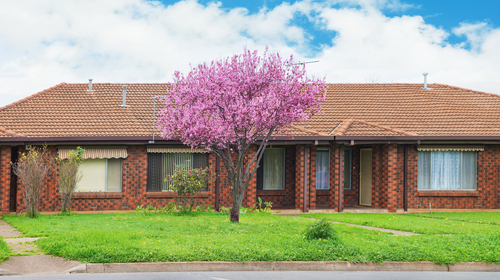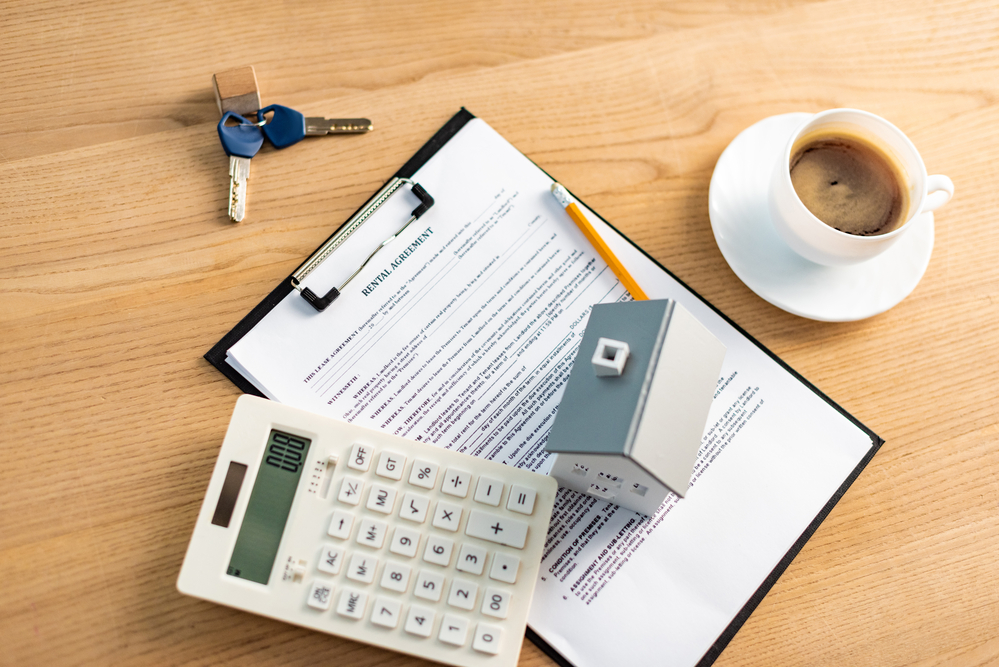What should we offer?
Once you have finally found a suitable home, you inherit a new challenge.
What to offer the vendor? There are so many variables when it comes to making the owner an offer. Quite simply, there are more questions than answers once you find a property that meets your needs.
Do you make a one off, best offer, with a take it or leave it attitude? Or start low and work up to your maximum price? Maybe wait for the auction? Once you make an offer, how long do you leave it on the table ?
Indeed, the questions keep coming as you ponder how to secure your dream home. If you are purchasing an investment property, maybe you are emotionally detached from the home. But the home buyers you are bidding against may be emotionally engaged. Setting a game plan is the key to success when making an offer.
If you have found a home that you are unable to let go of, you are at risk of being left devastated should you miss it, or at risk of overpaying. Indeed, it’s okay to overpay to secure your dream home, so long as you know that you are overpaying and can afford to do so. Admittedly, this logic does not quite stand up for investors. Many people who ‘overpaid’, 15 years ago now look back on the purchase as a bargain.
Three prices
If you focus on the competition when buying, you will find yourself being drawn into games. Whether the games are played at the auction or you are trading information through the agent, games will be played. If you focus on what other buyers are prepared to pay as a means of determining what you offer, your desire to purchase the property can be overtaken by a complete stranger’s interpretation of value. Buyers who have an extreme focus on the competition end up dazed and confused. The key is not to work out what the property is worth to the competing buyer. The key is to work out what the home is worth to you! The best way to enter a negotiation for a property purchase is to accept that there are 3 prices.
Those 3 prices are good value, fair market price and expensive. By being conscious of the 3 prices for every property, you can allow them to act as your guide through negotiations.
Good Value
In recent times, not many homes have sold for what could be termed good value. At times, the market has been rising so quickly that expensive on the day the Contract is signed is good value at settlement. Aside from abnormally sharp movements in the market, you can only ever transact on the available information. Whether you are buying or selling, it’s best for your sanity not to study the market once you have transacted. It won’t change anything. Good value is what many buyers love to claim they bought – a bargain. In reality, only about 10% of all transactions would fit in to the good value category. Good value is any property that sells for below market price.
The value that was left on the table may be due to a desperate vendor, a poorly run sales campaign or a hidden feature that everyone missed (such as development potential), except for the buyer. Even if you find a grossly incompetent agent that compromises the vendor’s position, it’s worth noting that you are still negotiating with a vendor that just wants fair market price for their asset.
Buyers who prey on weak agents with weak vendors carry bad karma. Everyone loves to criticise David Tweed, the stock trader who offers unsuspecting people below market price for their shares, in the hope they don’t know the value of their shares. The real estate market is full of people with the same mindset that Tweed displays to the vulnerable in the share market. If you are aiming to purchase below market value, ensure that you don’t buy a compromised/flawed property thinking you have nabbed a bargain. This is more common than buyers actually buying a bargain. One of the most common (and fair) ways to buy good value is with stale properties that were initially overpriced. Overpriced property that languish on the market often continue to languish, even once they are priced correctly. They often need to be priced below market value to ignite interest. If you do find a home that is languishing on the market below market price, judge the home on the price, not the length of the sales campaign.
Fair Market Price
Agents claim they got $200,000 over reserve and the buyers claim they got a bargain. So what really happened? It probably sold for fair market price. The majority of transactions occur at fair market price, with a 5% variance.
Buyers who are prepared to pay a fair market price will always end up securing a home, unless they are buying in a rapidly rising market. In being able to secure a home, that’s not to say they will always secure the one they really want though. Murphy’s Law states that if you really want a particular home at fair market price, others will too.
Expensive
Intense buyer competition is what usually causes properties to sell above the market price. Even though the home is desirable, the recent sales evidence of similar homes does not support the sale price. Buyer emotion took it past fair market price, making it an expensive purchase. Agents often claim to have beaten the market by so much when interviewed after an auction. The reality is they quoted below market price and sold for fair market price, creating an illusion of the sale being stronger than it really was.
If you are buying real estate, you owe it to yourself to pragmatically establish the 3 prices for your target property before commencing negotiations. In doing so, it will help you accept the outcome, whether you are the successful buyer or not.



